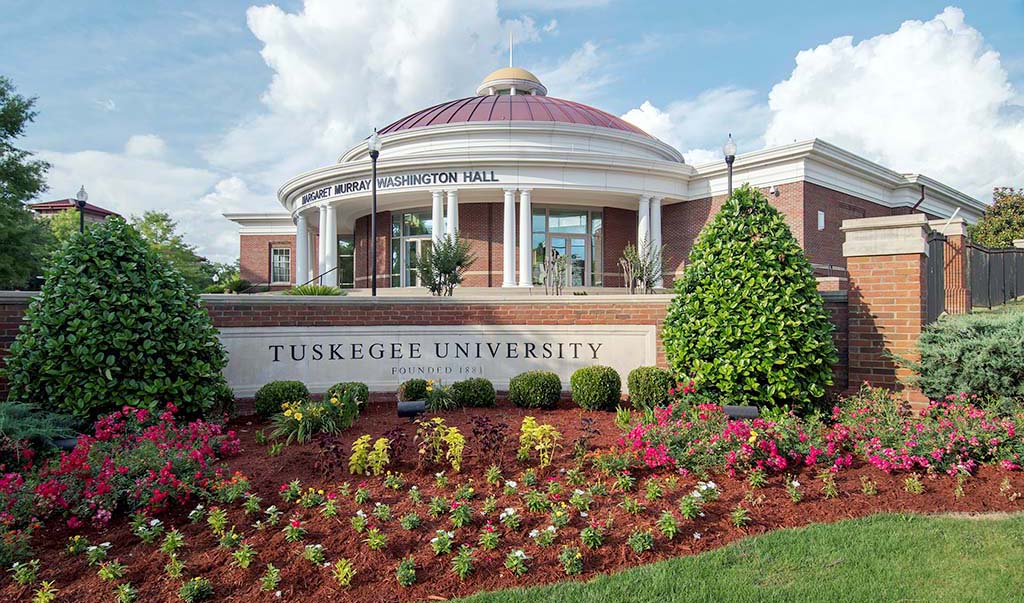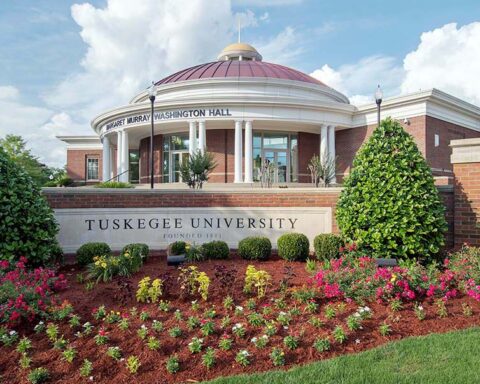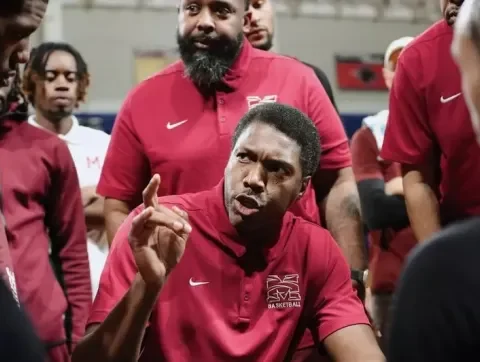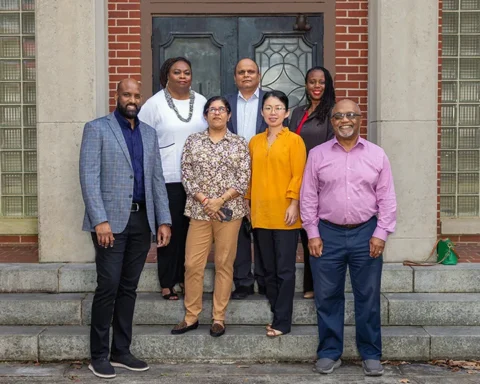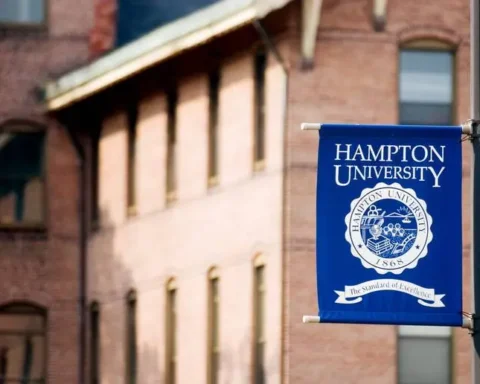Courtesy of Tuskegee University
Tuskegee University was selected for an All of Us Researcher Academy Institutional Champion award for $75,000 from the National Institutes of Health. This will provide faculty and student stipends for research in health disparities, cardiovascular disease, breast cancer, bioinformatics, and artificial intelligence (AI) bias using the All of Us database on the researcher workbench.
Tuskegee University joined the All of Us Southern Network in 2018. Since then, Dr. Stephen Sodeke has been serving as the Site-Principal Investigator at Tuskegee. Tuskegee University continues to be rewarded for the work faculty researchers are doing to increase the resources available for diverse faculty, undergraduate and graduate students to conduct valuable research that positively impact underserved communities.
The All of Us Researcher Academy will provide training and technical assistance to researchers at Minority Serving Institutions as well as facilitate peer-to-peer learning and network building among researchers at Minority Serving Institutions through support from the National Institutes of Health.
“The Researcher Champion Award correctively increases access to funding and can incentivize participation of equally deserving under-resourced HBCU researchers,” said Dr. Stephen Sodeke, who is serving as the university principal investigator. “This award will enable us to provide seed money, buy time for faculty in teaching-intensive institutions like Tuskegee University to do health research for precision knowledge and jumpstart new scientific inquiry of faculty, undergraduate, and graduate students in pilot, ancillary, interdisciplinary, and collaborative studies.” Beneficiaries of the Researcher Champion Award include Dr. Chastity Bradford (Biomedical Researcher; Dr. Deepa Bedi (Biomedical Researcher); and Dr. Chitra Nayak (Biophysics Researcher); 3 graduate students and 2 undergraduate students.
This grant helps to increase workbench diversity, while promoting inclusivity and equity. “Strategic funding for these underrepresented stakeholders is crucial, otherwise success would be difficult,” said Dr. Sodeke.

